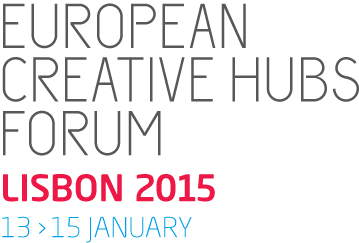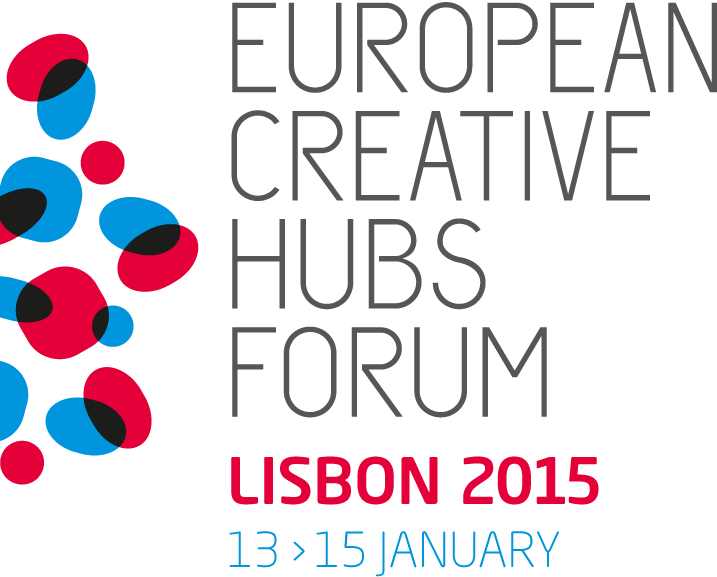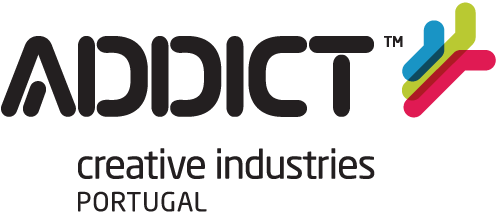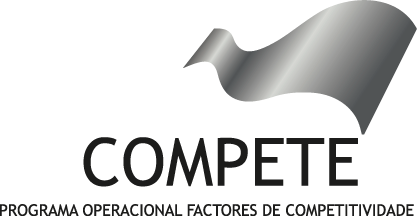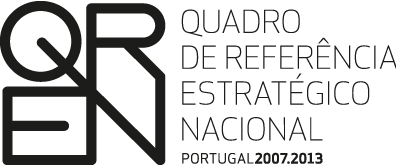echf'15 Live Feed
Here you can follow blogs of speakers and delegates who have been asked to record their thoughts on workshops, seminars and speeches.
You can, of course, follow us on Twitter #Creative_Hubs or on Facebook
Whether you are here with us in person or following online, we hope you enjoy participating.
Participants from Spain, France, Latvia, UK and Portugal discussed the status of the video games industry – or the lack of it – in their countries, coming to shared conclusions that there is a necessity to educate the investors but also the public that video games are much more than an addictive bad habit of 12 to 15 year old male kids.
Video game technologies, methodologies and models are being applied to many different areas besides the typical commercial games, such as advertising or education, to name just a few. Terms like gamification – applying game mechanics to other sectors of the economy and society – became synonymous with a dynamic and modern approach that gains traction across many different sectors and entered definitely the set of tools that managers call upon more and more in projects and organizations.
European game developing collectives in their many shapes, from the individual developing a small smartphone game to the big studio developing multi-million euros console AAA game, face an ever more strong competition from traditional players such as the United States but more recently from South Korea. The Asian giant has been strongly investing in video-games for the last 7 years at a level close to the rest of the world put together. Even countries with a relevant video game industry such as France, face critical challenges with poorly competitive tax policies and witnessing many companies moving to other territories, such as Canada, for example.
Another important aspect that was discussed was that profile of gamers has been clearly changing from the typical early teenager male to their mothers and even grandmothers. Miguel Montesinos, from Evil Mind, Spain, made everyone laugh with the anecdote of having to be him now to call his mother to the dining table from her busy tablet gamming addiction.
As expected from a Forum, the conversation proceeds far beyond the time limits of this section, asking to be continued and expanded in the context of the creative hubs.
At the Forum, I've asked each Hub manager what their turnover is. And it would have been tough to guess their answer beforehand - figures have ranged from 20,000 to 1.5million.
This diversity contributes to a lack of confidence about what a Creative Hub actually is. As conference reporteur Ben Evans said, he used to run a theatre company and has only now realised it was a Hub - they let office and rehearsal space to other cultural organisations.
And attending has been no help in narrowing the definition. I've met festivals, triennials, cultural centres, workshops, theatres as well as traditional offices. All are Hubs.
This diversity is great for excitement and interest, but if Europe's Creative Hubs want to come together and lobby for support from local, national and European governments, it needs to work out who it is.
Our mapping survey is a first step. Working with ADDICT and the British Council, we've identified over 300 Hubs across Europe and have been studying who they are, what they do, and how they do it.
We hope this is the first step in a wider piece of research, and will help Creative Hubs find the evidence of who they are and what they do that big funders will need.
Cristina from ADDICT and I are presenting the early findings from the survey tomorrow at 10.30 in the Main Auditorium - and we'd love your views on the findings at the session.
If you're a Hub manager and haven't completed the survey, it's here:

Callum is an Associate Director at BOP Consulting and Deputy Director of ECBN.
A common relationship that exists in the creative sector, but one that might not yet be as well mastered as this example. This 360 talk provided us with an honest overview of the importance of trust in what can sometimes be a complex funding environment.
Watershed effectively acts as a conduit between the heavier funding institutions and the creative, tech and cultural communities it works with and represents – a role that all hub managers play today and one (in my opinion) that is poorly credited by others. The role of the hub manager is all encompassing, one that funding organisations need to quickly get their head around in order to support adequately.
Clare believes in making a space where people can explore their practice and their values – the word constraints doesn’t exist in her dictionary – therefore, the way in which she has navigated the funding landscape while protecting her creative flock is pretty inspiring.
Clare acts as a catalyst for new innovative, boundary pushing projects to happen. She also advocates projects and people, particularly when outcomes of a project are not quite clear from the outset and rely on the journey of the project itself to dictate. Nema Hart from Arts Council England told us how this relationship between funder and fundee has grown over the years and how Watershed has grown to become a linchpin in the wider cultural sector. While, Duncan Speakman spoke of the mentoring and leadership role Watershed has had in his personal and professional development.
What is the role of a hub manager? Well, in Clare’s eyes it’s : 1. Be a pirate: push the boundaries and take risks when required; 2. be a cheerleader: inspire and advocate the community of creatives you represent; and 3. Be a shepherd, protect your community while they grow strong enough to fly themselves. ‘Be generous, be curious, break others rules and your own!’
